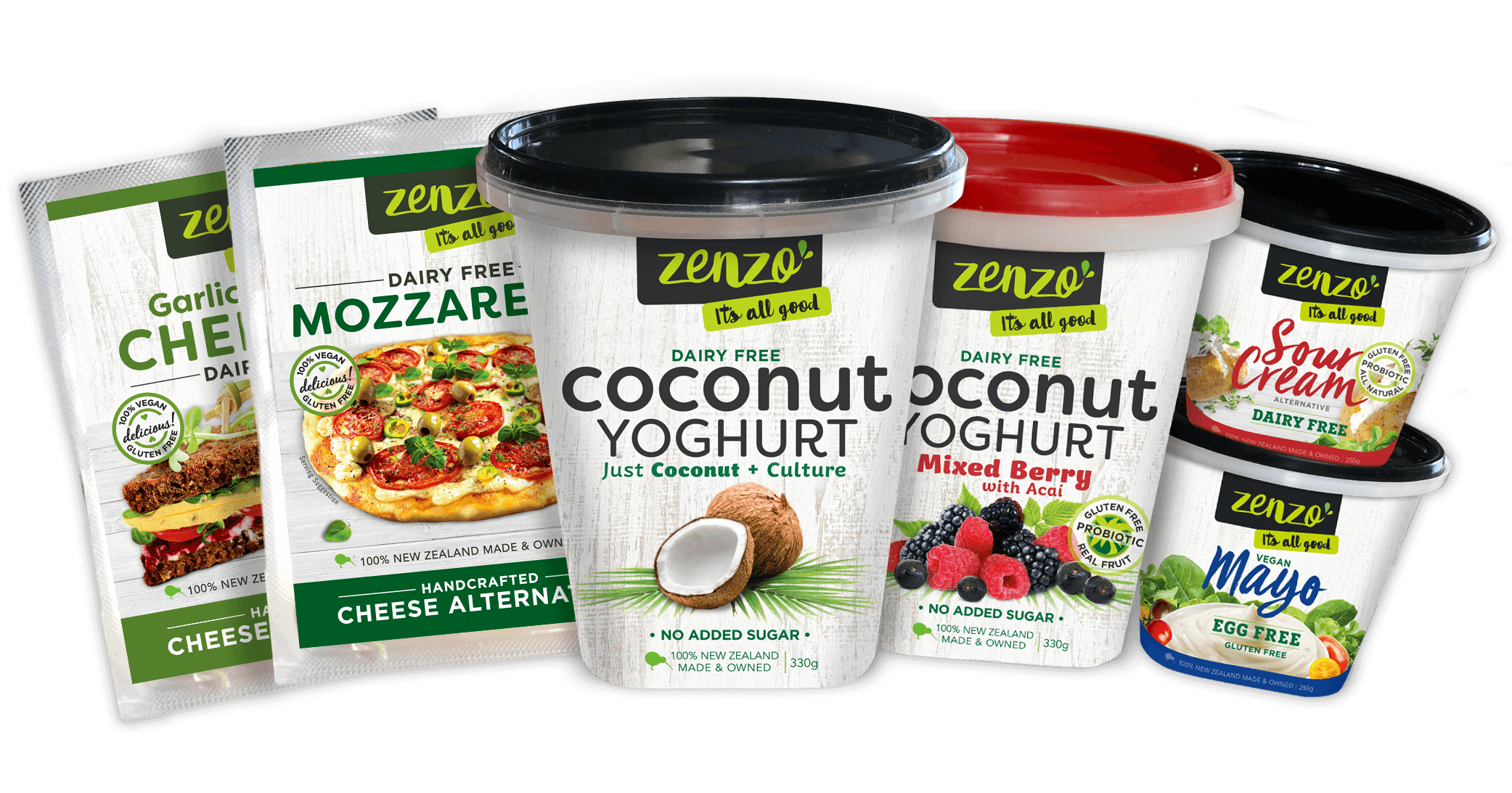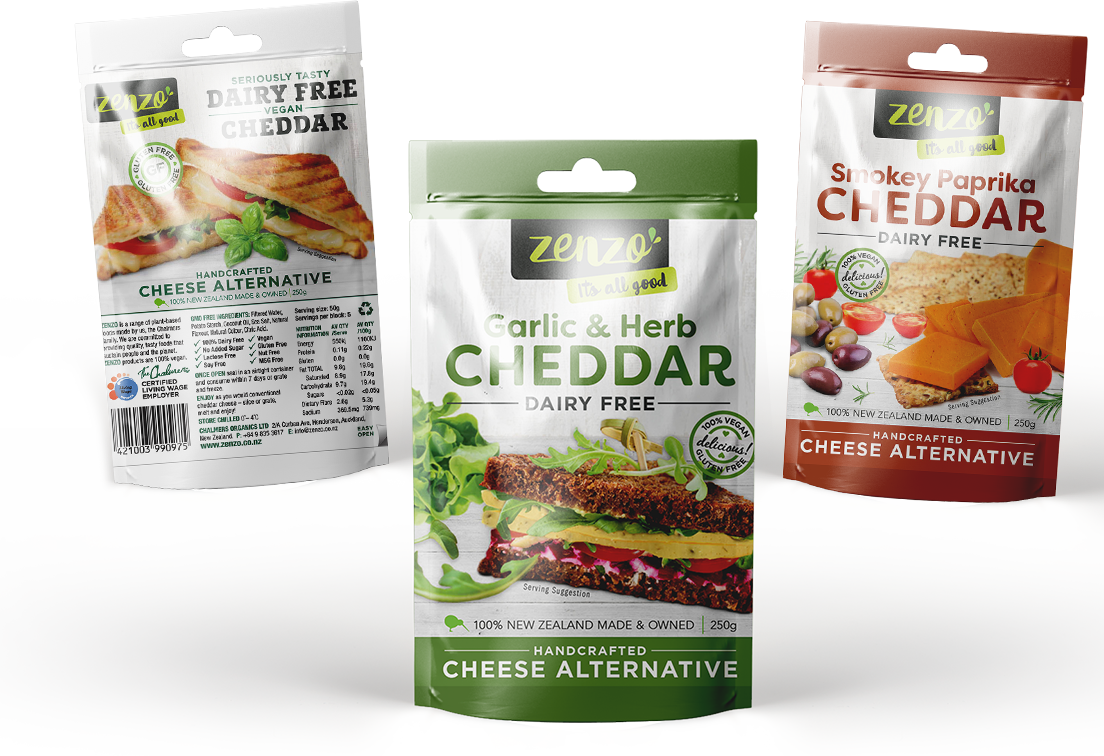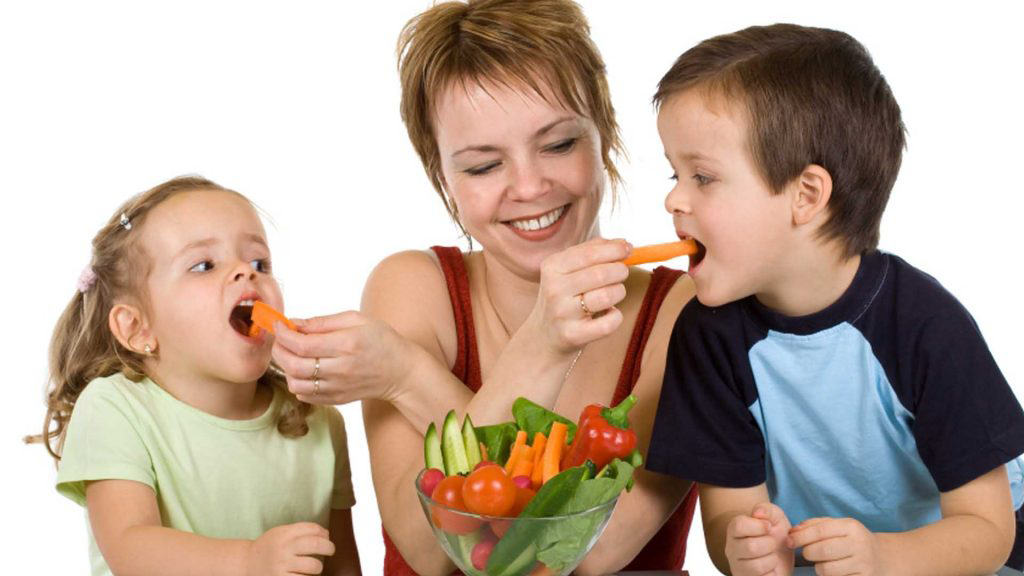Raising healthy kids is easy!
With regards to kids’ food, it’s not too late to change your kids’ taste buds. It may take a bit of time but the trick is to make small changes so they don’t even notice. Try adding chunks of cucumber, some carrot sticks or slices of raw capsicum, cherry tomatoes, avocado slices or chunks, broccoli, cauliflower or freshly chopped/grated corn off the cob, onto a plate when you know they are hungry. Always offer the vegetables first. We have always given our kids raw vegetables at afternoon tea time as that is when they are ravenous and they gobble them all up without a 2nd thought or complaint.
Your kids can change at any age
The more exposure your children get to fresh vegetables and fruit, the more normal it will become. Remember, I ate crap foods until I was 20 and then I changed, so if I can change then you can and your kids can. Children usually love all kinds of fruit so keep a variety around as these are rich in antioxidants, high in fibre, are very filling and are amongst the most powerful anti-cancer foods anywhere on the planet.
As long as you are feeding your children a good variety of locally-grown and in-season fruits and vegetables; a mixed bag of different grains such as brown rice, oats and rye; a selection of the super legumes such as lentils, all types of beans and chickpeas; superfood seeds that are packed with essential fatty acids like quinoa, buckwheat, millet, sesame, sunflower and pumpkin seeds; nuts of all kinds from almonds to walnuts to Brazil nuts to cashews; and avoiding all the processed sugary rubbish such as soft drinks, potato chips, cakes, lollies, burgers, pizza, cheese, ice-creams and more (most of the time), then you will do fine.
Raising vegetarian kids is so easy now!
Vegetarianism among kids is very widespread now. The American Dietetic Association says “Vegetarian kids and teenagers take in less cholesterol, saturated fat and total fat and eat more fruits, vegetables and fibre”. Do not be worried about iron, calcium or protein either, as a healthy and balanced plant-based wholefood diet will deliver plenty of all of these nutrients. Serious and significant studies have found that iron levels in children and teenagers being raised on plant-based wholefood diets were actually higher or similar as compared to meat-eating kids¹-². They said, “Anemia does not appear to be more common in vegetarians…”
What your kids need the most is locally-grown vegetation
Our brain and most of our bodily functions run on glucose – from carbohydrates like vegetables. The thing that is not discussed much in Western countries such as NZ, Australia, the UK or the USA, is that most of the world’s population has traditionally been very low-level meat-eaters. The American Dietetic Association notes that “most of mankind for most of human history has lived on vegetarian or near-vegetarian diets”. I gave up red meat and dairy foods over 30 years ago and I am doing just fine. I have raised all my children without meat and they are all fine as well (and they are a mixture of blood types). In fact they are all fit and healthy athletes with my kids amongst the tallest, fastest and strongest in their classes, whether it is Joel (sprinting, soccer), Luke (soccer, running), Tove (soccer, one of the best at the school for long-distance running, volleyball, basketball) or Trey (Guinness World Record holder at 21, now at 28, a personal trainer able to do super-flexible yoga poses, handstands and who loves rock climbing…).
Be relaxed and walk the talk
The bottom line is that you control 80% of what your kids eat so what you eat at home is what they will eat at home. What you buy at the supermarket is what they will eat the most of. Babies fed home-cooked food are more likely to eat fruit and vegetables when they are older. Infants weaned on homemade meals develop a taste for what is good for them by the age of seven. What you provide for the three main meals is the most important. They will always buy crap when they are out with friends and there is no stopping that (nor should there be, as treats at the local store are fun!).
The 80-20 rule is the one to follow. Ensure they eat well for breakfast, lunch and dinner and you have done your job as a parent.
Written by Jason Shon Bennett from jasonshonbennett.com







